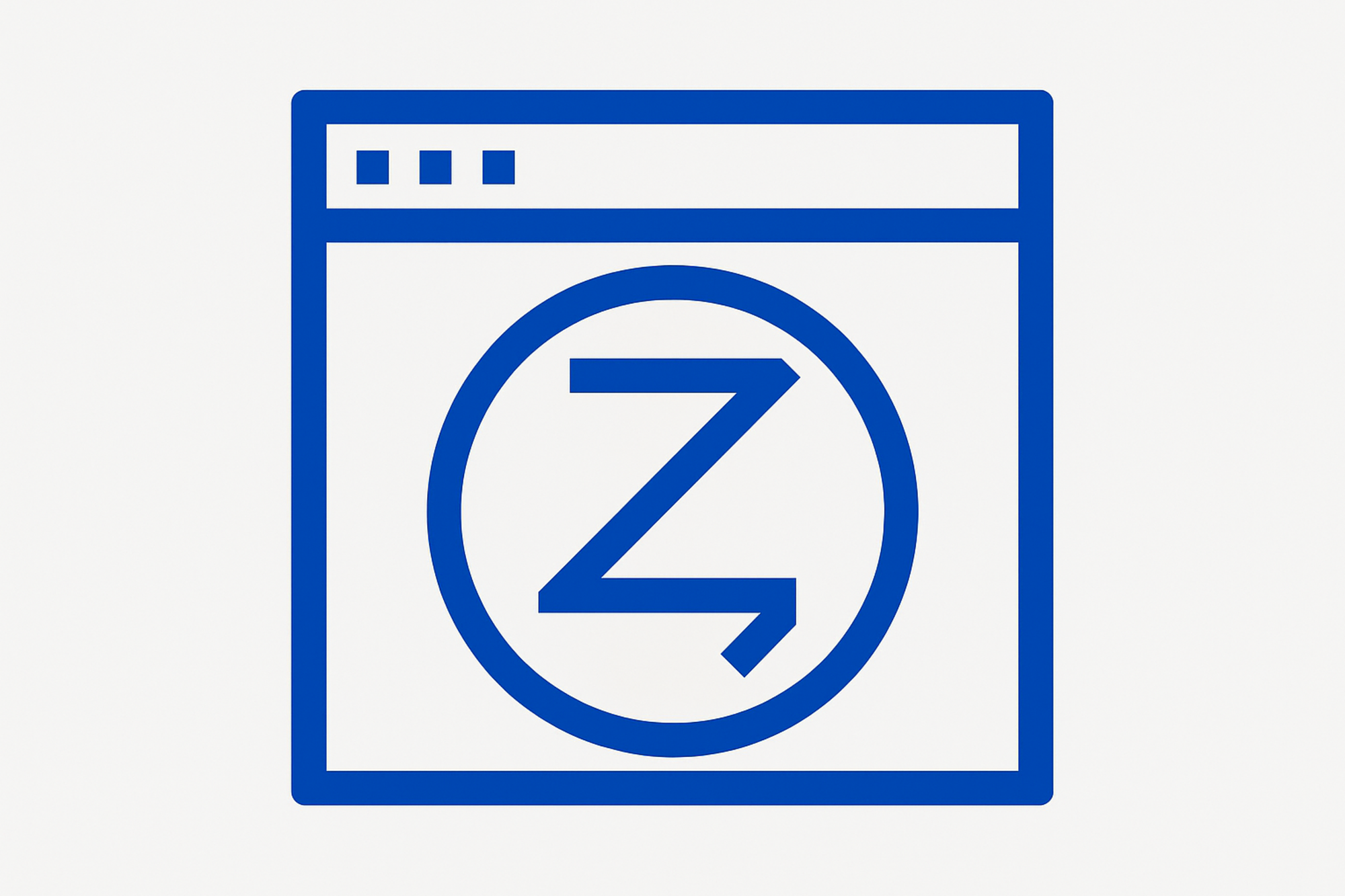Browser Agents, Encrypted Ducks, and the Paved Road to Software Reinvention

If you ever doubted that software engineering is rewriting its own rules (again), just glance at the headlines from this week’s blogosphere. From Google’s new “paved road” and “open field” AI frameworks, to DuckDB’s bulletproof encryption, to reflective musings on non-determinism in the age of LLM agents, the state of engineering is unmistakably in flux. Underneath all the shiny features, there’s a common undercurrent: The boundaries between developer, operator, and even user are blurring. Whether it’s agentic browser workflows, foundational changes in app navigation paradigms, or open-sourcing those old Zork games, software engineering feels both more accessible and yet more complex—sometimes at the same breath.
Paved Roads, Open Fields, and the AI Engineer’s Dilemma
Google’s new Web AI playbook posits two archetypes for web development: Blazing down the paved road with high-level frameworks and APIs, or wandering across the open field equipped with low-level primitives like WebGPU and WebNN. On the surface these distinctions look like old hat, but as Google frames it, they’re deeply political decisions. Who gets to choose simplicity over flexibility? Who owns the stack? It’s a subtle, ongoing tug-of-war—one where, ironically, the tools for “democratizing AI” are principally shaped by a few large vendors.
Google’s commitment to "on-device" AI in the browser—via new protocols, Gemini Nano integration, and more—feels earnest, and yet the reality is that even the most open standards emerge in an ecosystem with unequal power dynamics. Still, the trend is clear: Client-side compute is growing up, and the AI browser is finally a partner in productivity, not just a portal for rendering pixels. How open that partnership stays is a question for another blog post.
Jetpack Navigation 3: Old Paradoxes, New Solutions
If frameworks define the “paved road” approach, Android’s Jetpack Navigation 3 offers a masterclass in retrofitting progressive patterns—the shift here being a new, state-centric navigation model that throws out the hidden duplicity of split state. With Jetpack Compose now a first-class citizen, and multiplatform ambitions clearly in sight, Google has recognized the growing dominance of reactive programming and “single source of truth” state—a tradition that owes as much to functional programming as it does to practical developer headaches.
It’s notable that even as APIs get more modular and open (and multiplatform, hello edge-pan-gestures on iOS!), the tension between “just use our recipes” and “hack your own back stack” persists. The lesson? Simplicity is relative, and true composability is forever just over the horizon.
Atlas, Agents, and the New Browser Workflow
Speaking of horizons, the ChatGPT Atlas browser enters the scene as an AI-native workspace that pretends Chrome never existed. By embedding model-based reasoning and agentic workflows directly in the browser, Atlas suddenly makes it possible to treat debugging, layout-fixing, and even QA testing as collaborative tasks between human and machine. It’s both exhilarating and slightly alarming—no more tab-hopping, no more context lost to the wind.
Does Atlas genuinely replace Chrome DevTools? No. But it does challenge the sanctity of that workflow by offloading the repetitive, the mindless, and the "I just want to figure out why this CSS won’t align" moments to an agent. The bigger question: As we adopt agentic AI systems, are we ceding too much autonomy, or simply reimagining productivity?
From Zork to LLMOps: Making the Hidden Visible
The ethos of “opening the box” extends far beyond shiny new UI libraries. The release of the original Zork trilogy as open source is more than a nostalgia play—it’s a reclamation of code as culture. Zork’s cross-platform Z-Machine was revolutionary not just for its technical merits, but for highlighting the power of writing interpreters and building abstractions that outlast any specific hardware. In 2025, we’re still debating portability, still worrying about legacy, and still relying on software archeology to learn from the past.
Meanwhile, the engineering discipline is itself mutating. As Abi Aryan points out in her incisive discussion of LLMOps, the shift from MLOps to LLMOps brings fresh problems in observability, reliability, and cost. Agentic AI workflows demand more than just good dashboards—they require “anomaly detection as mindset,” distributed systems empathy, and a willingness to rethink human workflow replication. Forget brute-forcing human procedures into code; future-proof AI workflows will prioritize reasoning, traceability, and adaptability.
Refactoring in the Age of Ambiguity
What’s perhaps most sobering is Martin Fowler’s reminder that non-determinism isn’t just an implementation detail, it’s a new epistemological challenge. The emergence of LLMs introduces randomness and probabilism at the heart of systems once revered for their repeatability. To paraphrase: “You’d better build in safeguards. Don’t skate too close to the edge, or you’ll have bridges (read: deployments) collapsing.”
Fowler’s prescription? Embrace tolerant thinking. Double down on testing and refactoring. Realize that blend—and sometimes outright collision—between deterministic and stochastic systems will require new skills, frameworks, and rituals.
Encryption Everywhere: DuckDB’s Cloak-and-Dagger Leap
Last but not least, DuckDB’s new data-at-rest encryption serves as a quiet rejoinder to all the misplaced faith in platform security. In a world of cloud privilege escalations, leaky buckets, and shadow admins, “just encrypt it” is a mantra we can get behind. DuckDB demonstrates that full-disk encryption, WAL coverage, and near-zero performance penalty aren’t just checkbox features—they’re table stakes for trust in today’s wild ecosystem.
References
- Google’s Web AI Playbook: The Paved Road vs. the Open Field - The New Stack
- After Seven Years, Google Reinvents Android Navigation with Jetpack Navigation 3 - InfoQ
- How to use ChatGPT Atlas for frontend debugging, testing, and more - LogRocket Blog
- Preserving code that shaped generations: Zork I, II, and III go Open Source
- Data-at-Rest Encryption in DuckDB – DuckDB
- Generative AI in the Real World: The LLMOps Shift with Abi Aryan – O’Reilly
- Martin Fowler - by Gergely Orosz - The Pragmatic Engineer
